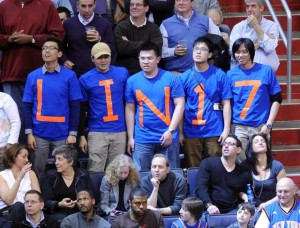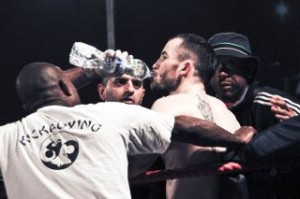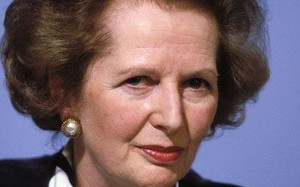 By Scott T. Allison and George R. Goethals
By Scott T. Allison and George R. Goethals
In the introductory chapter of our book Heroes, we discuss American actress Meryl Streep and former British Prime Minister Margaret Thatcher on consecutive pages. We make the point that both women well illustrate the point that heroism is in the eye of the beholder. Streep is not a hero to Americans as a whole, but she is to most people in the film business. Hardly anyone would regard her as a villain. On the other hand, most of the British public, and many Americans, have opinions about Thatcher, with different people regarding her as either a hero or a villain.
The two were recently paired in a movie that few will ever forget. In the movie The Iron Lady, Streep portrays Thatcher in what we consider one of the best acting performances in years. Streep has been nominated for almost two-dozen Oscars as either Best Actress or Best Supporting Actress. Before this year, she had won twice, for Sophie’s Choice in 1983 and Kramer vs. Kramer in 1980. And in The Iron Lady, Streep hoisted the hardware again in her role as Margaret Thatcher. Streep’s performance is doubly impressive compared to the usual biopic. She plays Thatcher both in her current semi-demented state, 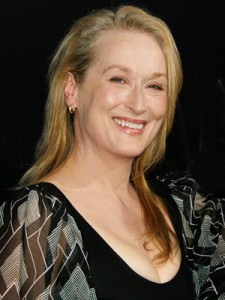 and in her prime as the longest serving British Prime Minister of the 20th century.
and in her prime as the longest serving British Prime Minister of the 20th century.
Thatcher herself was a highly divisive figure as Prime Minister. The daughter of a grocer in Lincolnshire, England, she rose through the ranks of the Conservative Party by articulating and embodying middle class values and virtues that seem now almost anachronistic. She stood more firmly on her fundamental principles than almost any other politician in a democratic state. University of Richmond leadership scholar Gary McDowell wrote “principle, she never failed to believe, is everything, and leadership is, at least in part, a matter of great, principled truths being simply told.” Among the principles that were central to Thatcher, McDowell added were, “individual liberty, small government and low taxes” as well as “a sense of personal responsibility.”
Thatcher was not loved by all. Her most dramatic leadership came twenty years ago during the brief war over the Falklands Islands in the South Atlantic Ocean. The islands are just off the coast of Argentina, and that country had long held that they, called Malvinas by the Argentines, rightfully belonged to Argentina and only British imperialism made them English. In 1982 Argentina invaded and captured the lightly defended islands. 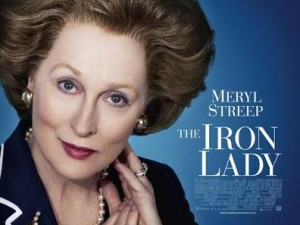 Under Thatcher’s leadership, Great Britain launched a major – and very expensive – military counterattack thousands of miles away from the home country. British forces made short work of it, quickly regaining the Falklands. In doing so, they sank an Argentine destroyer killing hundreds of sailors.
Under Thatcher’s leadership, Great Britain launched a major – and very expensive – military counterattack thousands of miles away from the home country. British forces made short work of it, quickly regaining the Falklands. In doing so, they sank an Argentine destroyer killing hundreds of sailors.
Many people, in and out of England, questioned the value of the Falklands and severely criticized Thatcher for spending so much money and wasting so many lives in order to recapture the sparsely populated islands. For Thatcher, the principles of national sovereignty and self-defense unequivocally dictated the islands’ retaking. She became both a hero and a villain, depending on whose eyes were beholding.
Meryl Streep acts wonderfully throughout The Iron Lady, and shows Thatcher’s steely determination best of all, perhaps, in the Falklands scenes. The film is fascinating, and presents two possible heroes for our consideration. It is well-worth watching.
Below Meryl Streep talks about her portrayal of former Prime Minister Margaret Thatcher in the film The Iron Lady.


